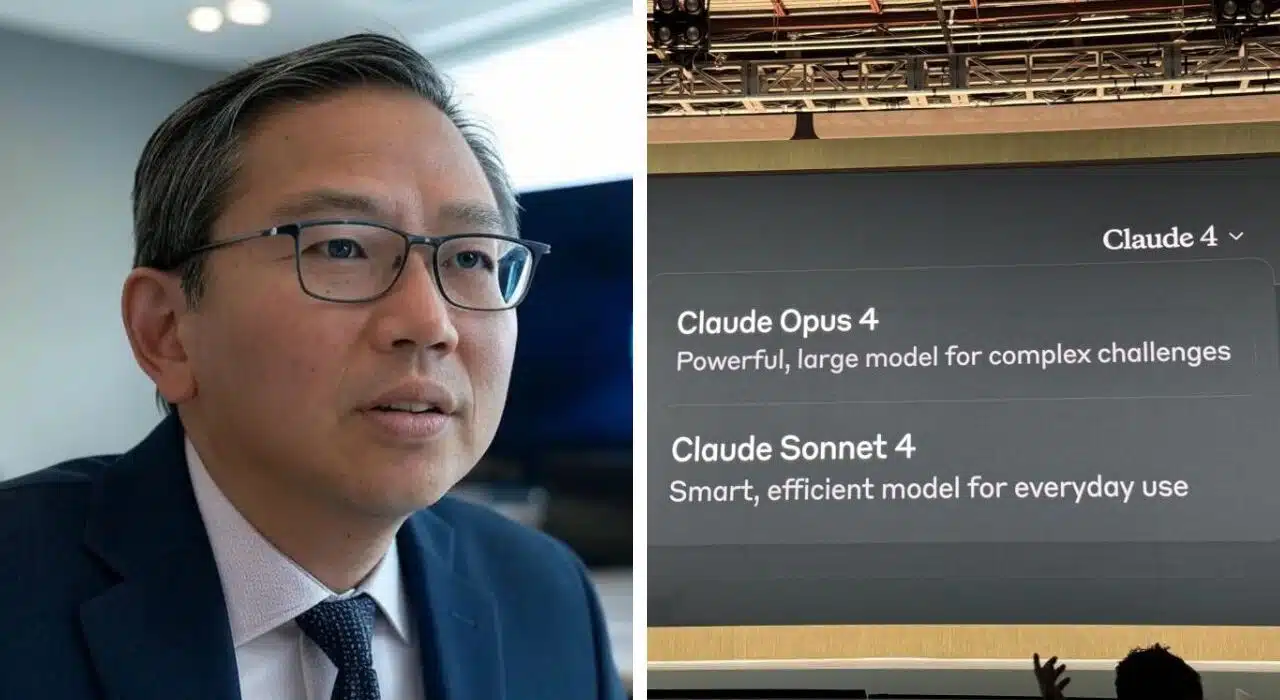Anthropic has launched new AI models: Claude Opus 4 and Claude Sonnet 4. Anthropic says that these models are the best in the industry. Along with that, Opus 4 and Sonnet 4 are each designed to improve coding and agent-like duties. According to Anthropic, Claude 4 is its most effective model so far and is aimed at developers working on long and complex duties. “Opus 4 is the world’s fine coding model, with sustained performance on complex, long-running obligations and agent workflows,” Anthropic writes.
Claude 4 Practical AI Model
Claude Sonnet 4 defined as a more practical, efficient upgrade from its predecessor, Sonnet 3.7, and is now available to free-tier customers. Opus 4 will best be available to paid subscribers.
One of the key highlights is Claude Opus 4’s strong overall performance on coding benchmarks. The AI company claims that it scored 72.5 % on SWE-bench and 43.2 % on Terminal-bench. Which basically method that the model can reportedly works for long hours with out losing overall performance, making it appropriate for projects that require sustained interest.
Claude Sonnet 4 also indicates development over previous models, scoring 72.7 % on SWE-bench. While it doesn’t healthy Opus 4 in overall functionality, Anthropic says it moves a higher stability between speed and accuracy, which makes it suitable for broader, more normal duties.
New AI Models facilitates online search and code execution
Both models, include Claude 4 with what Anthropic calls “prolonged thinking” and machine use. This means they can pause reasoning, use support like net search or code execution, after which resume their idea system.
The models also introduce new reminiscence features. If given access to nearby files, they could extract key facts and store them for future use. Anthropic says this enables the model build memory and enhance performance on responsibilities that require continuity.
Read also: TikTok fined $600 million by EU privacy regulator over security concerns
